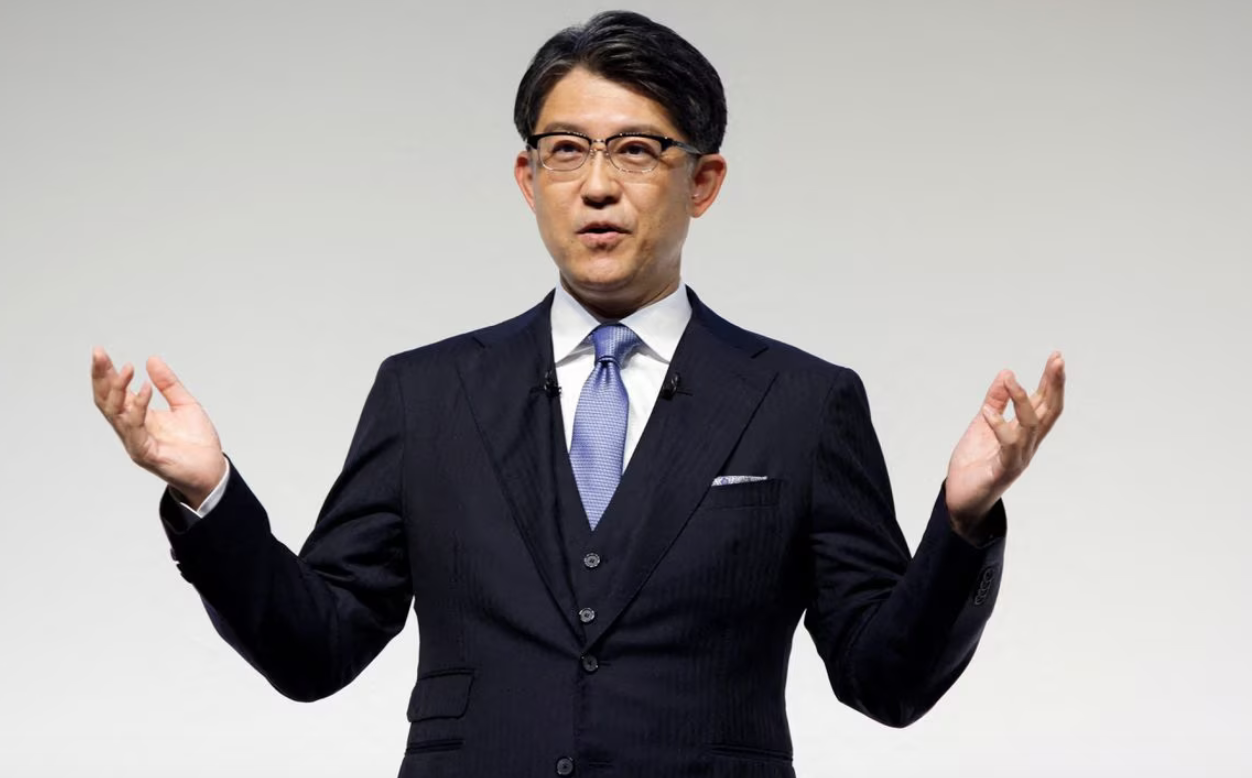
CEO Koji Sato: ‘Toyota must do more, faster’

New Toyota CEO Koji Sato says that Toyota must move faster to catch their delay in the EV field /Toyota
Last Friday, Toyota Motor Corporation's CEO Koji Sato gave a stark assessment of the Japanese automaker's work ahead in China, saying it mus


Comments
Ready to join the conversation?
You must be an active subscriber to leave a comment.
Subscribe Today